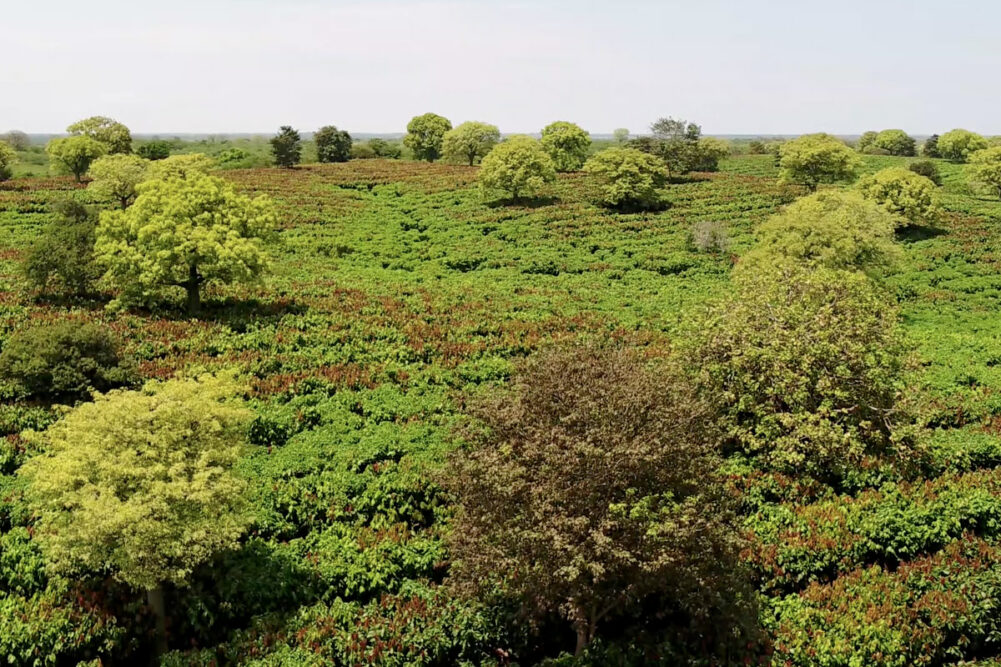CHICAGO — Solid advances toward cocoa sustainability goals to be met by 2025 was cited in the 2021 Cocoa for Generations (C4G) progress report published Sept. 22 by Mars Wrigley.
The company is seeking to create a “modern, inclusive, and sustainable cocoa supply chain, and 100% of its cocoa being responsibly sourced and traceable from farm to first point of purchase by 2025,” the company said.
As of the end of 2021, Mars said 61% of its cocoa was sourced through the company’s Responsible Cocoa program, and 44% of the global cocoa supply was traced to farm boundaries from its first point of purchase. The traceability figure ties back to about 200,000 in 11 countries. Each year the company discloses how much of the cocoa it sources is traceable to country of origin, a farmer group within that country, and from the first point of purchase to the individual farms supplying that farmer group.
In addition to its importance to 350,000 cocoa farmers in the Mars Wrigley supply chain, the commodity is “key to our global chocolate brands,” the company said. Because the challenges facing the cocoa sector are multifaceted, Mars has emphasized that its C4G strategy is multifaceted as well.
“Our C4G strategy is a holistic, human-centric approach to creating positive impact by working to address structural barriers and endemic challenges,” said Amber Johnson, global vice president of Mars Cocoa Enterprise. “We are focusing our efforts on systemic solutions in three areas: advancing respect for human rights, preserving the environment and improving livelihoods.”
Highlighting progress on a number of fronts, Ms. Johnson said the company has reached more than 77,000 cocoa farming community members, 58,000 of whom were women, through its Village Savings and Loan Association Program. and via a collaboration with CARE and the Women for Change program. The initiative is aimed at empowering women socially and economically.
She also cited programs announced earlier this year aimed at putting smallholder farmers in Ivory Coast and Indonesia on a path to a sustainable living by 2030.
Other initiatives she cited included the monitoring of child labor with remediation systems. Coverage under the program now extends to 70% of Ivory Coast and Ghana growers, and the company said it is “on track to meet our 100% by 2025 ambition.”
Mars also is participating in multi-stakeholder partnerships to enhance education and is on track to reach its “deforestation- and conversion-free supply chain for 100% of the cocoa the company purchases by 2025.”
“Too many cocoa farmers continue to face a series of challenges from poverty to child labor and deforestation,” said Andrew Clarke, global president of Mars Wrigley. “The impacts of climate change and global crises are exacerbating existing vulnerabilities across cocoa farming communities and beyond. This is why we aim to accelerate the transformation of the cocoa supply chain so that it benefits both people and the planet. To get there, we’re working to protect children, preserve forests, and improve farmer incomes. We are challenging ourselves and the entire sector to evolve and adopt approaches that deliver greater impact where it matters most — in cocoa farming communities across Latin America, West Africa, and Southeast Asia.”




